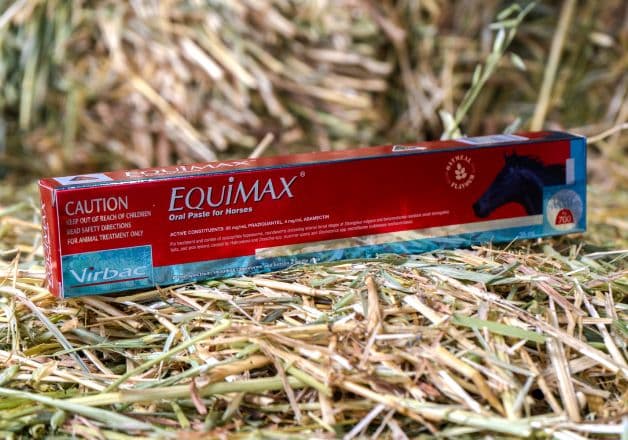
The Benefits of Adding Oil to Your Horse's Diet
If your horse is prone to skin condition, colic or joint problems, then introducing oil to the diet while cutting back cereals is highly beneficial. As with any diet change in horses, remember to gradually introduce the oil based feed over a period of 1 to 2 weeks whilst at the same time gradually reducing the amount of cereal being fed.
The benefits of oil
In addition to keeping a horse's skin and coat healthy, fatty acids contribute to a horse's mental, digestive, reproductive, pulmonary, and joint health. Fats are easier for the body to digest than carbohydrates and protein, therefore creating less heat via digestion and keeping the horse cooler. Different oils have different amounts of fatty acids, which come with certain benefits as well. Omega-3 fatty acids have anti-inflammatory properties and are highly desirable in a diet. Just to give an example, corn oil, although highly used among equestrians, has a higher amount of Omega-6 fatty acid than the Omega-3 fatty acid. To a healthy horse, this may not be a problem. But to an older horse, fighting arthritis, the pro-inflammatory properties of Omega-6 may be detrimental to that horse.
Oil is also beneficial for horses prone to laminitis, tying-up, colic, Sweet-Itch and other skin conditions. Omega-3 fatty acids offer therapeutic potential in certain chronic inflammatory skin conditions, as they can reduce the production of certain substances that promote inflammation. Of the common sources of oil fed to horses today, linseed is the highest in Omega-3 and lowest in Omega-6 and so has the greatest anti-inflammatory potential.
Oils are also considered beneficial for horses with gastric ulcers by adding oils to the diet & reduce the amount of starch within the ration. By feeding oils as a substitute to starchy feeds it will sustain your horses energy source without affecting their performance. From the point of view of supplying energy in place of starch reducing the gastric acid within the horses stomach.
The best oils for horse health
- Flax seed & soybean oils are a herbivorous alternative. They are high in Omega-3 fatty acid and a good source of vitamin E.
- Sunflower seed oil is high in Omega-6 fatty acids.
- Rice bran contains gamma-oryzanol, lecithins, and vitamin E, as well as Omega-3 and Omega-6 fatty acids.
- Corn oil is high in Omega-6 fatty acid and very palatable.
Ready to keep your horse happy, healthy and shiny? Caribu has you covered with a range of herbs and supplements.


